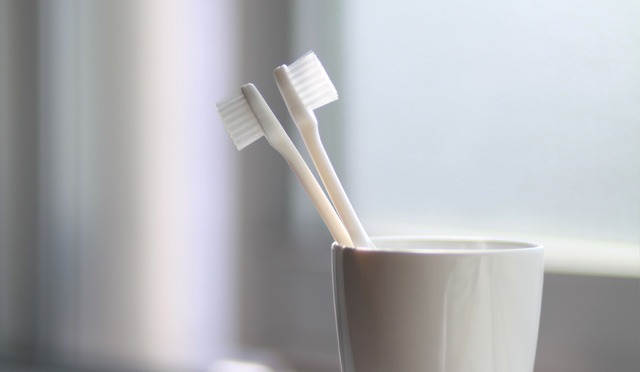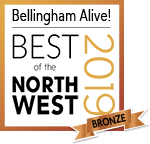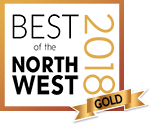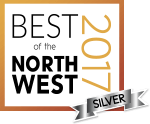Are you a diligent brusher who grabs the toothbrush as soon as you finish each snack or meal? While there are significant benefits to regular brushing, hurrying your hygiene might be doing more harm than good. The key lies in understanding the effects different types of food and drinks have on your teeth.
The Dangers of Acidic Foods
Food and drinks that contain acids are particularly harmful to your teeth. Acid can wear away at the enamel on your teeth. As your enamel weakens, your risk for developing decay increases.
What Foods Should I Look Out For?
Fruits such as oranges, pineapples, and grapefruit contain problematic acids that can cause damage to your enamel. Diet sodas and wines can be just as damaging, as can fruit juices such as orange juice. Tomato products and foods such as pizza, salsa, soups, and sauces also contain acids.
But Brushing My Teeth Helps, Right?
Not necessarily. The acids in these foods weaken the enamel on your teeth. After eating or drinking a highly acidic product, your teeth are in a particularly vulnerable state. Enamel protects your teeth, and it is the strongest mineral in your entire body. However, the layers of your teeth beneath the enamel are not as strong and resilient. If you brush your teeth immediately after consuming something acidic, you can drive the acid further into your teeth. This speeds up the process of breaking down your enamel.
When Should I Brush?
Wait about 20 minutes after consuming acidic foods or drinks before brushing your teeth. While waiting, your mouth will produce saliva which helps to neutralize acids and wash away bacteria. Drinking water, rinsing your mouth, or chewing sugarless gum can help neutralize acids more quickly.
Should I Always Wait to Brush My Teeth?
While you should not rush to brush after eating acidic foods, you should not wait long after eating foods that are extremely sticky and sugary. If you are eating candy, taffy, or another sticky treat, waiting is not the best option. The sooner you can clean these sugary substances off your teeth, the better.
Should I Just Stop Eating Acidic Foods?
Acidic foods such as fruits contain vitamins and nutrients that are an essential component to your diet. While you don’t have to avoid these foods altogether, you should be mindful of how they impact your teeth. Maintain a daily oral hygiene schedule that includes regular flossing and at least two rounds of brushing for two minutes.
For more dental health tips, or to schedule your next visit to our office, please contact us.












